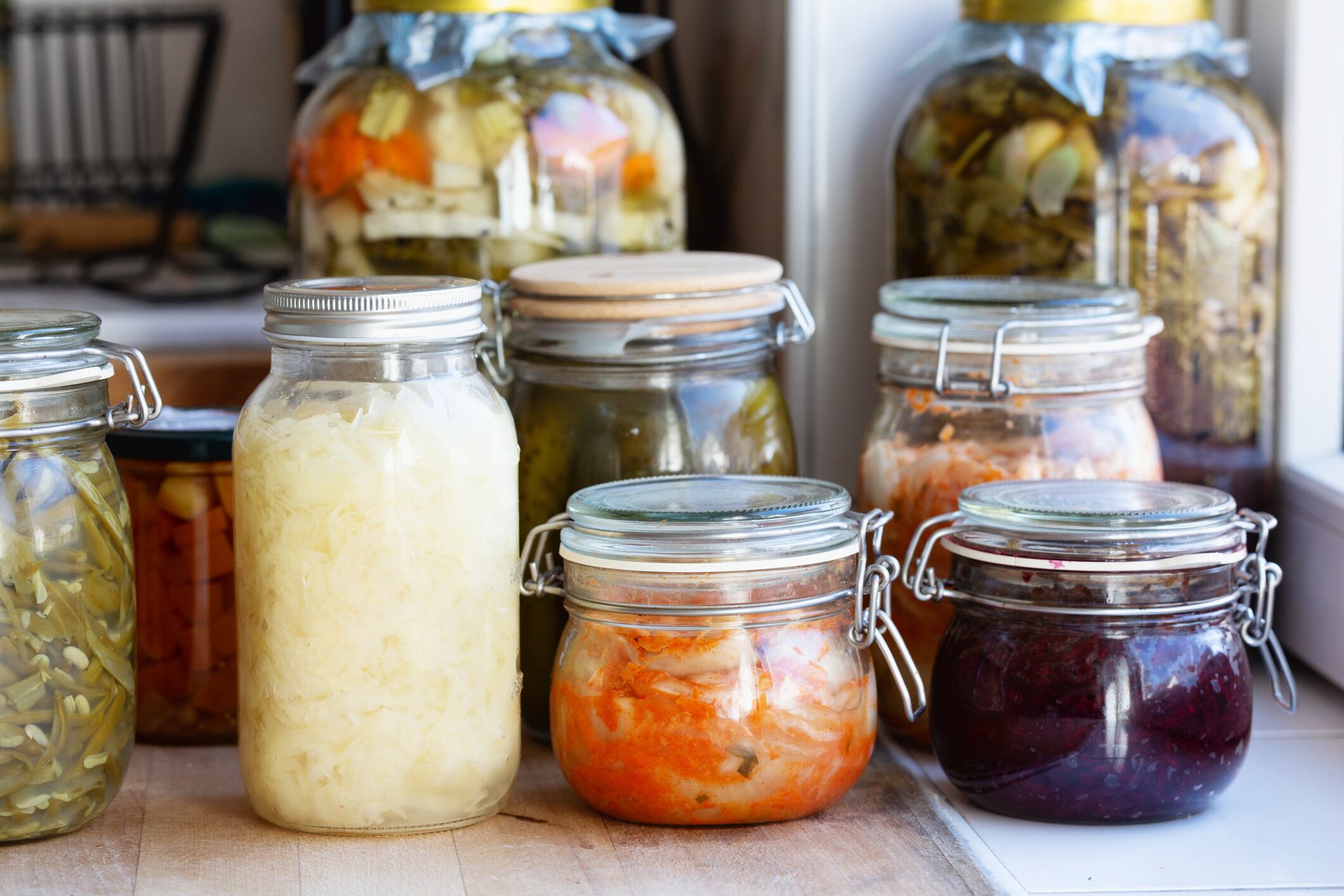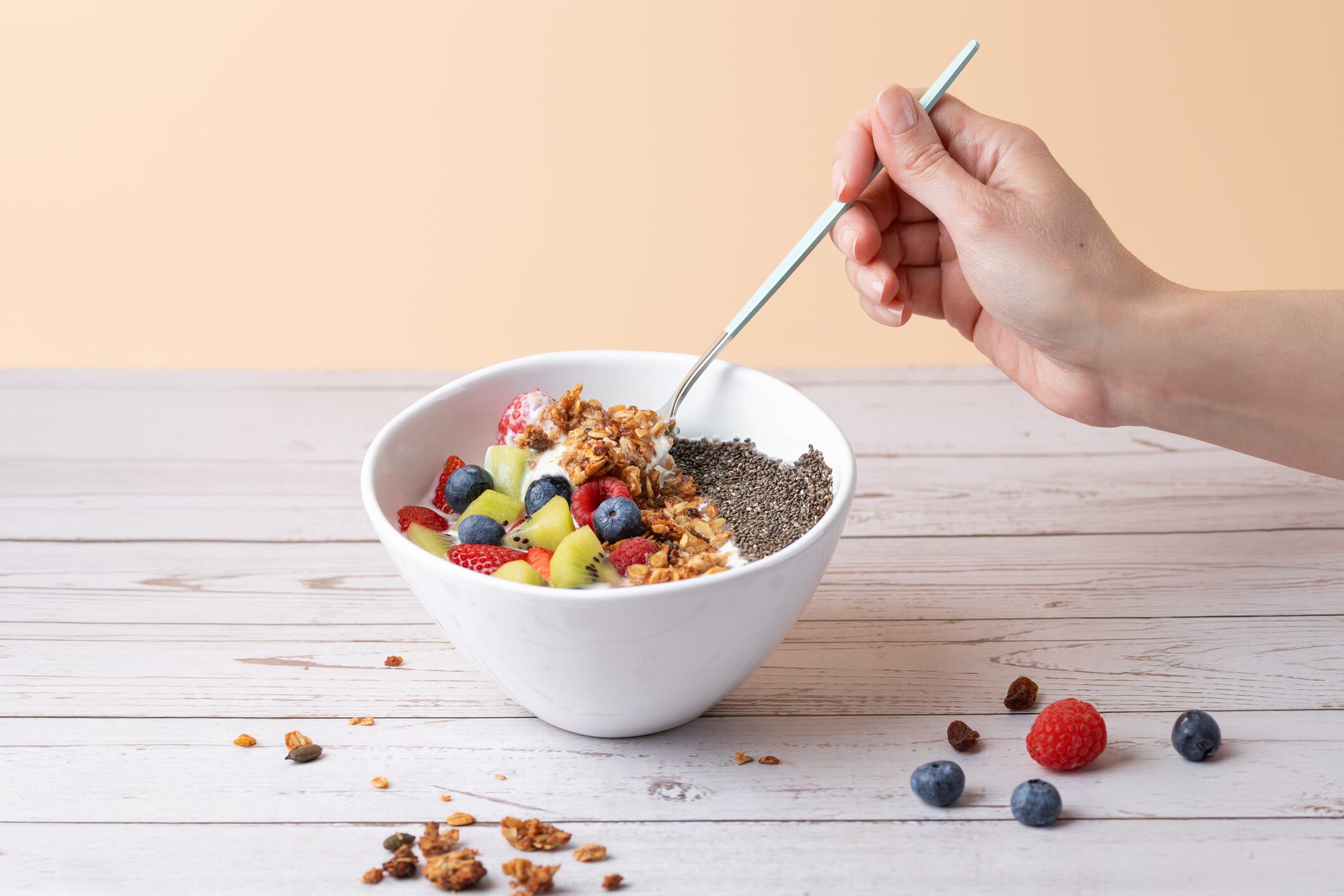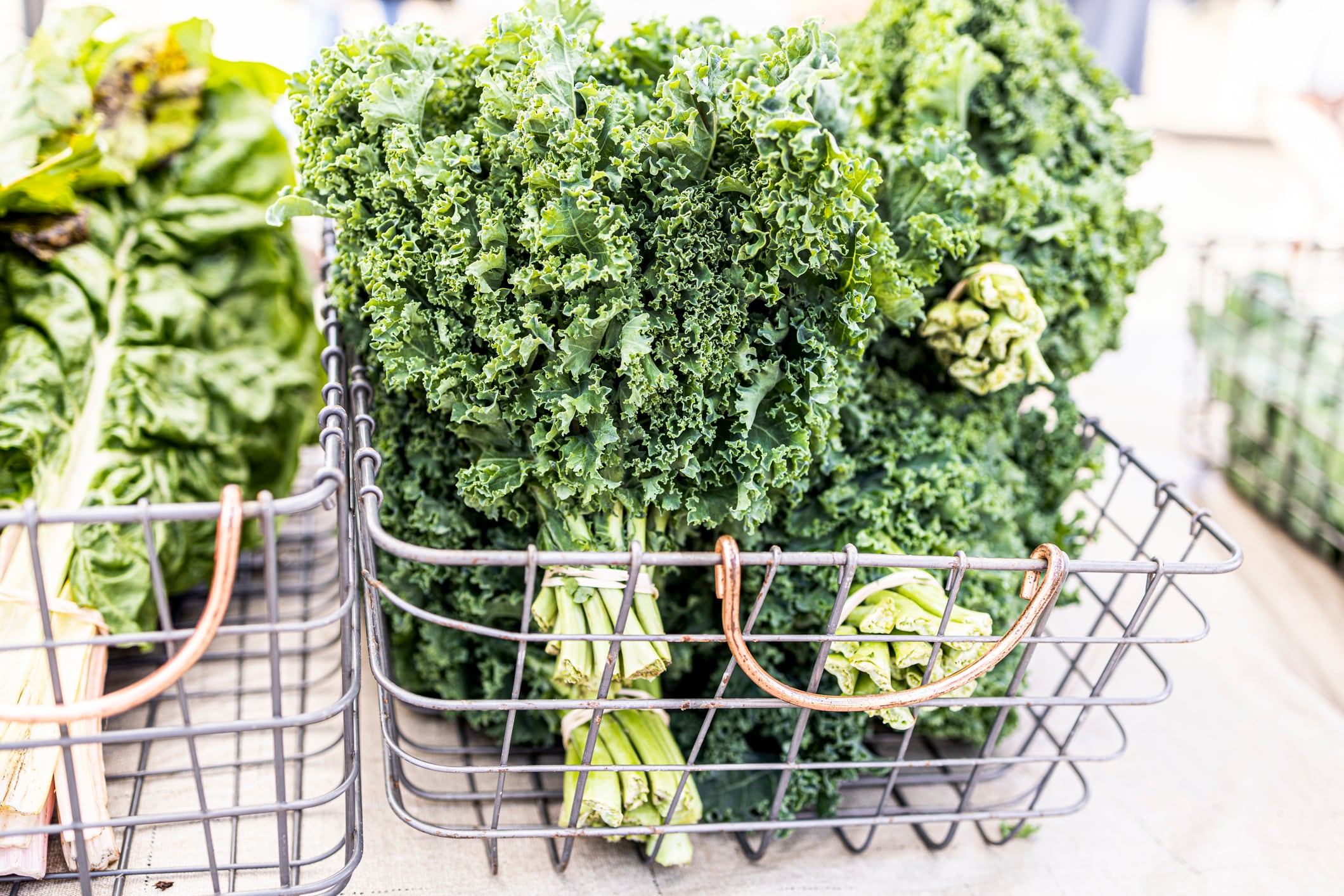Dr Federica Amati challenges anyone who brushes fibre aside as the unfashionable macronutrient it once was.
There’s a misconception that fibre can’t be cool, she tells me loudly over a video call, trying to cut through the noise of my busy lunchtime office, and her kids the day before school goes back.
“People don’t think fibre can be sexy, or that fibre can sell. But it does. Just look at ‘fibremaxxing’,” she says, referencing the latest TikTok trend where Gen Zs seemingly eat as much fibre as possible without making themselves sick.
“But I say it is cool, and it can sell, if you just get behind it.”
That’s exactly what personalised health start-up ZOE has done – it has got behind gut health. And as ZOE’s head nutritionist, Dr Amati lives and breathes it. Her hope is that others, including businesses, do the same.
Gut health boom hits the mainstream
ZOE is a nutrition science company committed to gut health and providing dietary advice via its app. Professor Tim Spector, a leading microbiome researcher, is the face of ZOE.
Like Prof Spector, Dr Amati has long been an advocate of gut health, and gut health-promoting foods. She eats legumes daily, as well as nuts, seeds and whole grains. Fermentation also features prominently in her diet, with foods like kefir, yoghurt, traditional cheeses, sauerkraut, kimchi and kombucha. “These are my non-negotiables for gut health.”
Most of these foods have enjoyed a resurgence of late, with innovators rethinking how traditional foods can be marketed to modern-day audiences. Kefir is a prime example. It wasn’t long ago that consumers had hardly heard of the fermented yoghurt drink. Now it’s a staple in many supermarkets.
Need more proof that gut health has officially hit the mainstream? British kefir start-up Biotiful Dairy was recently acquired by German dairy giant Müller for a rumoured sum of more than $100m.
That sounds like a lot, but it’s peanuts when one considers the entire market’s potential, globally. According to analysts, it’s expected to reach $270bn within the coming decade.
“Brands can finally say: ‘This is good for your gut health’. And consumers get it,” explains Dr Amati. “That’s why kefir brands, for example, suddenly have mass appeal. Fifteen years ago, everyone would have turned down a fermented milk drink.”
The very real threat of ‘healthwashing’
But not every brand is getting it right, and some gut health products may do more harm than good.
So-called healthwashing is a major bugbear of Dr Amati’s, she says. “Companies add a ‘gut-friendly’ strain of bacteria into a yoghurt drink, but also pack it full of sweeteners and emulsifiers.
“Emulsifiers in particular may harm gut health. It’s healthwashing. Just as making a chocolate high-protein is ‘protein washing’, it doesn’t make the product healthy.”

Healthwashing threatens the credibility of the gut health market. It can tarnish the reputation of those with an honest purpose: to improve the health of the gut microbiome. But many brands fake that purpose with ‘gut health’ splattered on their packaging, Dr Amati laments.
It’s not that the gut health market is saturated. There are still huge opportunities. Some categories have barely been touched by fibre or prebiotics.
The snack bars and granola cereals categories are ripe for innovation, believes ZOE’s head nutritionist. “They need less sugar and more fibre.” Breakfast cereals more broadly, too, could become “real contributors” to fibre intake. “Savoury snacks like puffed chickpeas show potential, and popcorn’s a great gut health snack. Let’s not forget frozen ready meals,” she adds, “legumes work brilliantly in them.”
But the opportunity is bigger than any single category. “The opportunity is in reducing emulsifiers, increasing fibre, and making everyday convenient foods more gut-friendly.”
Bringing science to life for millions
It’s against this background that ZOE has been expanding beyond its personalised nutrition focus and entering retail for the mass market. The start-up has released two gut-health promoting products in as many years, the first in partnership with UK retailer M&S.
Coined ‘Gut Shot’, the kefir drink contains 5bn live cultures from 14 different strains of bacteria, mixed with fruit puree, baobab fruit pulp, chicory fibre, and fruit and vegetable extracts. “The M&S Gut Shot was more of a public health play – making the gut health conversation mainstream,” recalls Dr Amati.
Since then, ZOE has brought out another product, Daily30+. Blurring the line between food and supplement, the product is described as a “wholefood supplement” made up of 32 different foods, including vegetables, fruits, seeds and mushrooms. It’s designed to be consumed on other food, as a way of increasing fibre intake.

Whereas Gut Shot is about raising gut health awareness, Daily30+ is different, the chief nutritionist explains. “It’s a direct response to our members asking for help upping their fibre intake. You don’t drink it down like other powders, or swallow it like a pill. It’s made from whole foods, it’s textured, and it’s delicious; it also helps diversify fibre intake.”
In a way, Daily30+ is the embodiment of Dr Amati’s role as a nutritionist. Outside of ZOE, she also serves as nutrition lead at the Imperial College School of Medicine, London. “I have a clinical role and I teach nutrition,” she explains. And at ZOE, she’s also responsible for translating science into actionable advice – and contextualising it in the wider landscape.
“I created Daily30+ through that public health lens. My job is to make the science usable for millions, not just for individuals in the clinic.”
Gut health trend fuels food excitement
So what’s around the corner for gut health? In what ways will the trend further penetrate food and beverage product development?
As awareness around the microbiome builds, Dr Amati anticipates more food and drink products will receive a “marketing glow up”. “Beans, lentils, nuts and seeds have always been healthy, but not seen as exciting. The gut health trend is making fibre-rich foods appealing again.”
Kale is a classic example. The leafy green has helped change the narrative – it went from being cow feed to luxury health food, says Dr Amati, smiling wryly. One could say the same of kefir – it hasn’t always been trendy to sip on fermented milk.
And on the topic of beans, we quickly discovered a shared love for UK start-up Bold Beans Co. Although Dr Amati trumped this writer by being friends with founder Amelia Christie-Miller.
“Traditionally, beans and lentils were bottom-shelf, 75p a tin, not that exciting. But Bold Bean Co. has changed the conversation – making beans aspirational, delicious, and completely normal to add into meals. It’s so exciting to see beans getting this kind of glow-up. That’s huge for fibre and public health.”

As for ZOE, should we be expecting more product development to be hitting the shelves soon?
“The app remains our core,” explains the head nutritionist. “It’s the best way to deliver personalised nutrition and sustainable dietary change with accountability.”
But that’s not to say that effort won’t go into new launches if that’s what ZOE’s members are asking for. “We’ll keep listening to our community.
“The idea for Daily30+ came directly from member requests, so we’ll continue to create products and collaborations that push gut health into the mainstream. If our members want it, there’s no reason we wouldn’t explore it, so long as the science supports it.”
